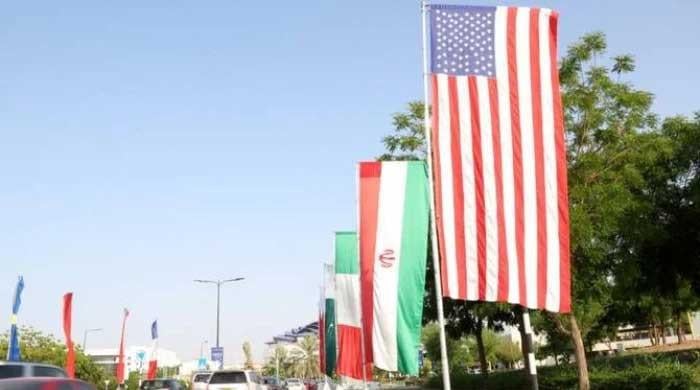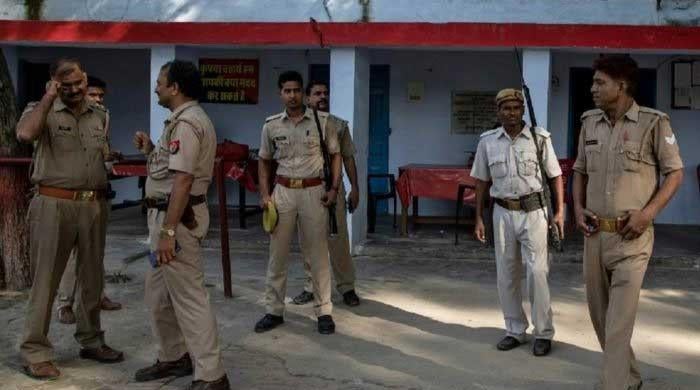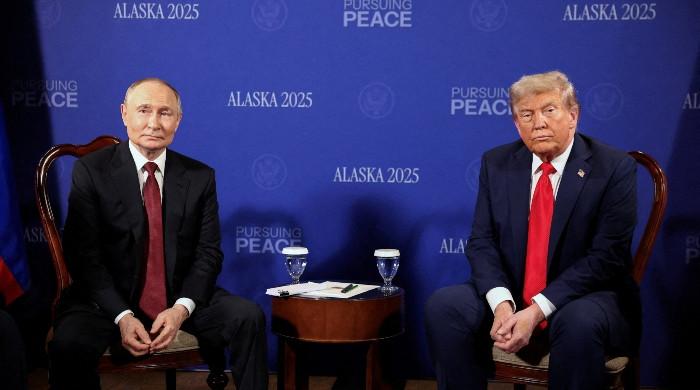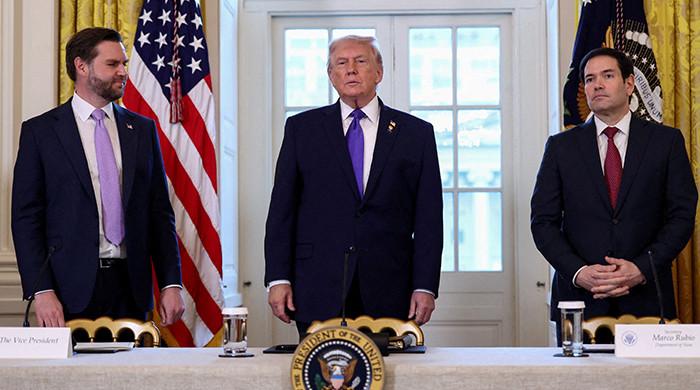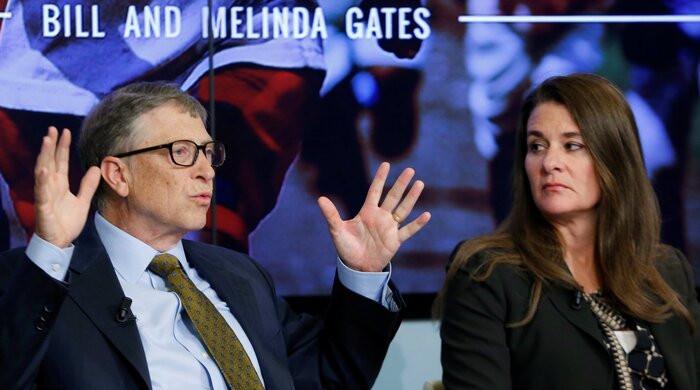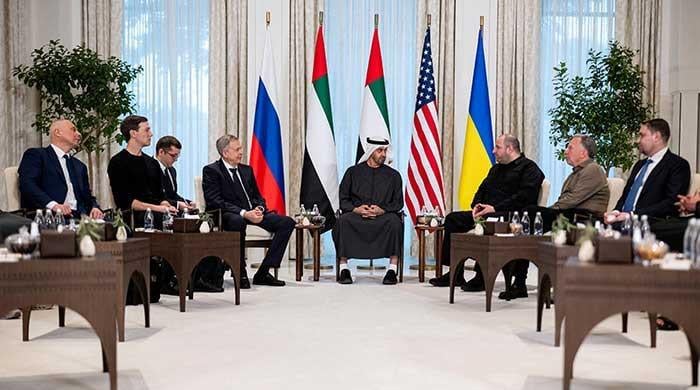Argentinians vote amid economic turmoil with libertarian slight favourite
Many Argentinians, unconvinced by either candidate, view the election as a choice between "lesser evil"
November 19, 2023
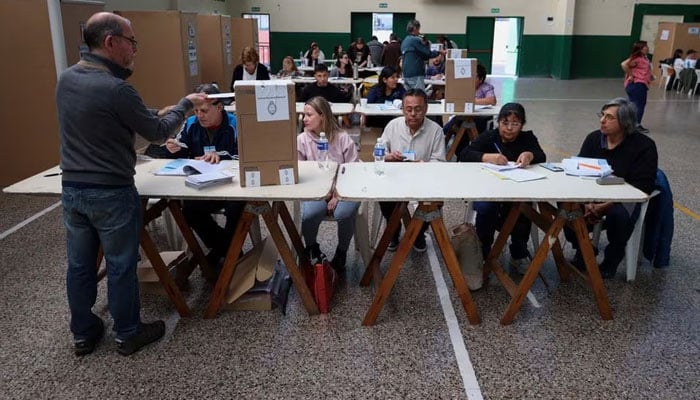
Argentinians cast their votes in a closely contested presidential runoff, presenting two distinct visions for the nation's future amid widespread discontent over triple-digit inflation and increasing poverty.
Peronist Economy Minister Sergio Massa, navigating the country through its worst economic crisis in two decades, faces off against the radical libertarian outsider Javier Milei, who holds a slight advantage in pre-vote polls.
Milei advocates for economic shock therapy, proposing drastic measures such as shutting down the central bank, abandoning the peso, and implementing significant spending cuts.
While these reforms resonate with voters frustrated by economic challenges, they also elicit concerns about potential austerity measures.
Many Argentinians, unconvinced by either candidate, view the election as a choice between the "lesser evil," weighing fear of Milei's economic remedies against anger at Massa for the ongoing economic crisis.
The outcome, irrespective of the winner, will reshape Argentina's political landscape, economic trajectory, and trade relations involving grains, lithium, and hydrocarbons, as well as its diplomatic ties with China, the United States, Brazil, and other nations.
The election represents a profound rupture in Argentina's political representation, with the potential to transform existing political forces.
Milei holds a marginal lead in opinion polls, but the race remains tight and uncertain. Massa, employing tax cuts and campaigns highlighting Milei's radical proposals, has been regaining support.
The electorate grapples with conflicting sentiments, with some expressing discomfort with Milei's policies, while others perceive Massa as a known, if not entirely satisfactory, entity.
Voter frustration, fueled by the enduring economic crisis under Massa's stewardship, may prove decisive. The election also signifies the unexpected rise of Milei, a 53-year-old economist and former TV pundit, propelled by widespread disenchantment with traditional political parties.





